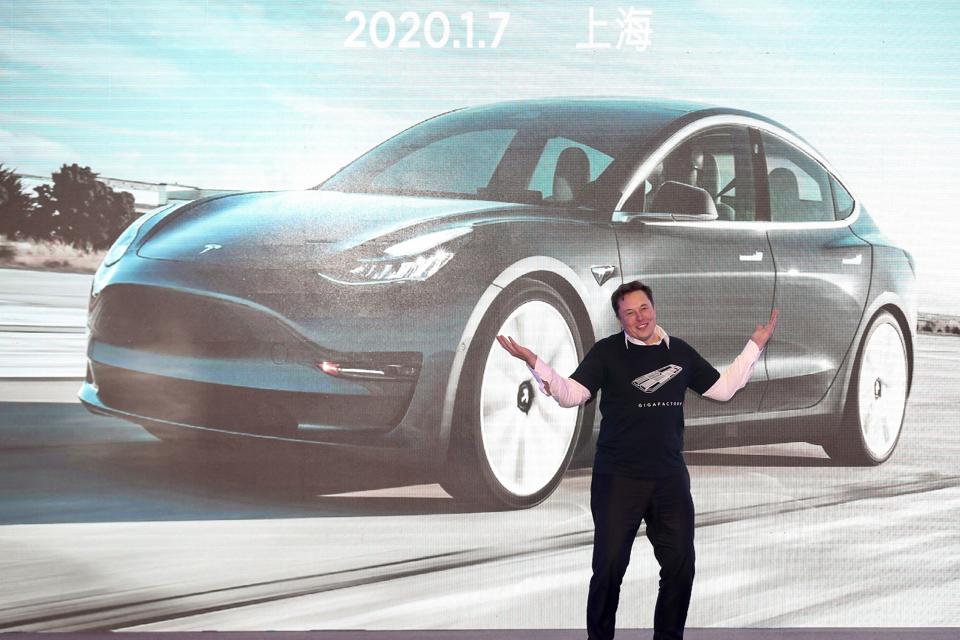China’s electric vehicle (EV) titan BYD reported 777 billion yuan ($107 billion) in 2024, surpassing Elon Musk’s Tesla in yearly sales as the global clean-energy vehicle market becomes more competitive.
According to the China Daily, BYD said in a filing on Monday that sales of 4.27 million cars, including hybrids and fully electric vehicles, increased by 29% over the previous year. And when you consider that BYD cars are not even on sale in the U.S. yet, those numbers are staggering.
Last year, Tesla’s car deliveries fell for the first time
In contrast, the Wall Street Journal reported that Tesla delivered 1.79 million battery-powered cars and generated $97.7 billion in revenue in 2024. Last year, its yearly deliveries fell 1.1% for the first time.
According to BYD CEO Wang Chuanfu’s most recent annual report, the company saw “rapid development” in the previous year.
“BYD has become an industry leader in every sector from batteries, electronics to new energy vehicles, breaking the dominance of foreign brands and reshaping the new landscape of the global market,” Chuanfu said.
Tesla, the once-dominant EV pioneer, has been facing increasing competition from BYD.
Meanwhile, BYD has been going from strength to strength. Just last week, the company announced an ultra-fast charging system that it claimed could surpass Tesla’s charging technology and provide 250 miles of range in just five minutes. Comparatively, Tesla’s Superchargers take 15 minutes to charge and deliver a range of 200 miles.
BYD employs ‘God’s Eye’ driver-assist system
Furthermore, BYD introduced an advanced driver-assistance system for the majority of its cars last month at no additional cost. The free update of this controversially named “God’s Eye” technology, according to analysts, turned up the pressure on Tesla and other Chinese EV manufacturers. Meanwhile, U.S. consumers can purchase Tesla’s Full Self-Driving (FSD) service for $99 per month or a one-time payment of $8,000.
This year, Tesla hopes to fully implement FSD in China. It started limited free FSD trials in China last week but was forced to stop them on Monday. According to Tesla’s customer service account on the Chinese social media site Weibo, the company is attempting to obtain regulatory approval for FSD.
In response to a recent post by Tesla vice president Grace Tao, whose account was inundated with user complaints regarding the trial’s sudden suspension, the company said in a statement, “All relevant parties are actively advancing the process, and once everything is ready, we will roll out the updates as soon as possible.”
Chinese EVs, crucially BYD cars, are essentially locked out of the American market due to tariffs. Back in China though, BYD is a powerhouse and dominates the market.
In 2024, the company held a 32 percent market share in China for the sale of new energy vehicles, which includes hybrids. In contrast, Tesla claimed a spritely 6.1% of the market, despite achieving a record high in terms of shipments, according to the China Passenger Car Association.
For the second consecutive month, Tesla’s sales in Europe have declined as I reported earlier this month. According to the European Automobile Manufacturers’ Association, Tesla sold almost 40% fewer cars in Europe in February than it did in 2024. And with current negative sentiment against Elon Musk and Tesla, spiraling sales are expected to continue.

